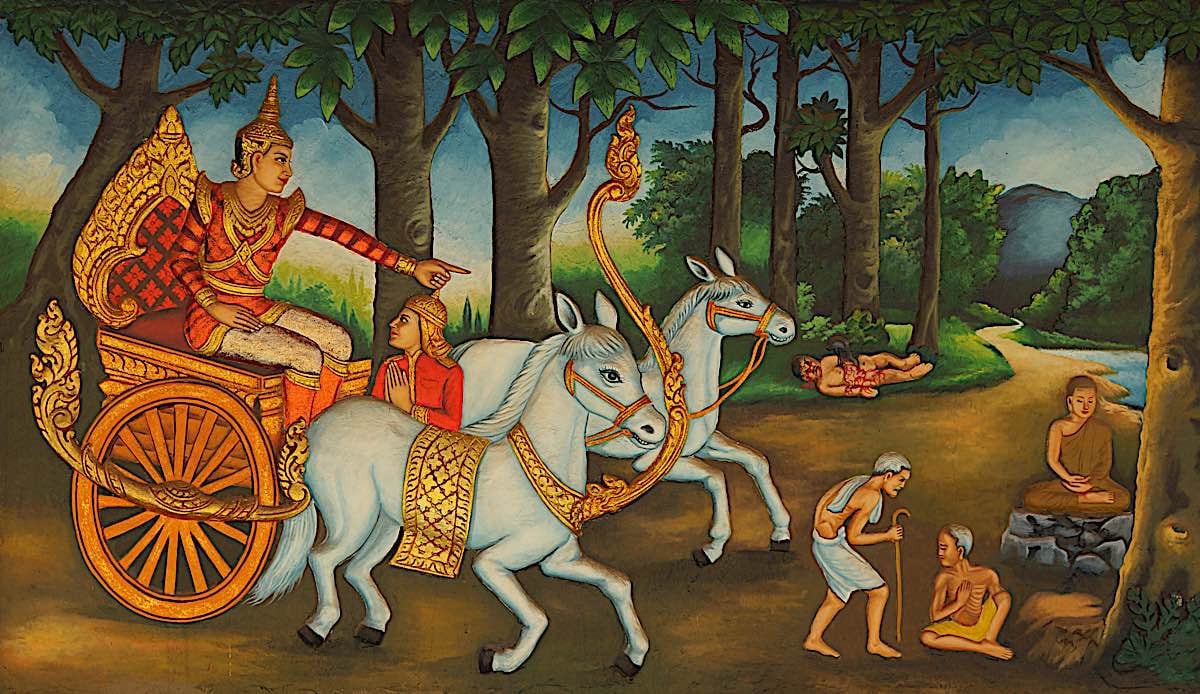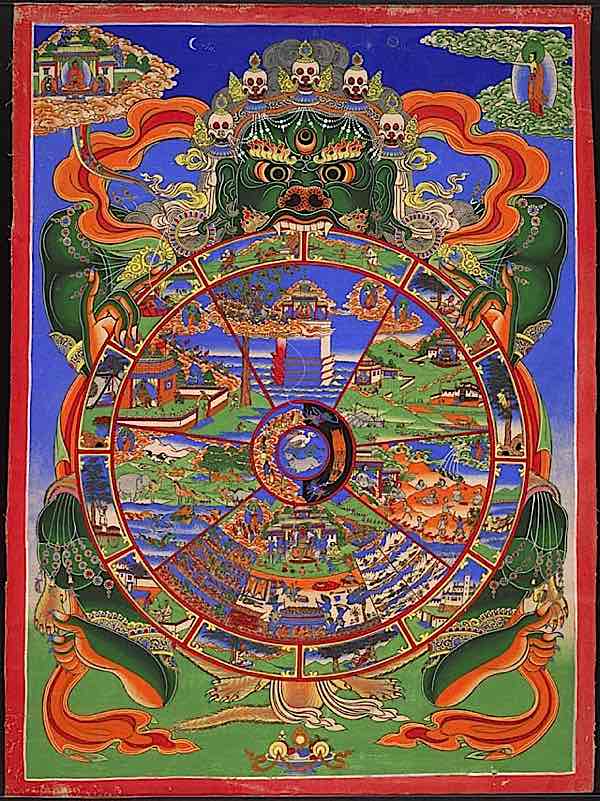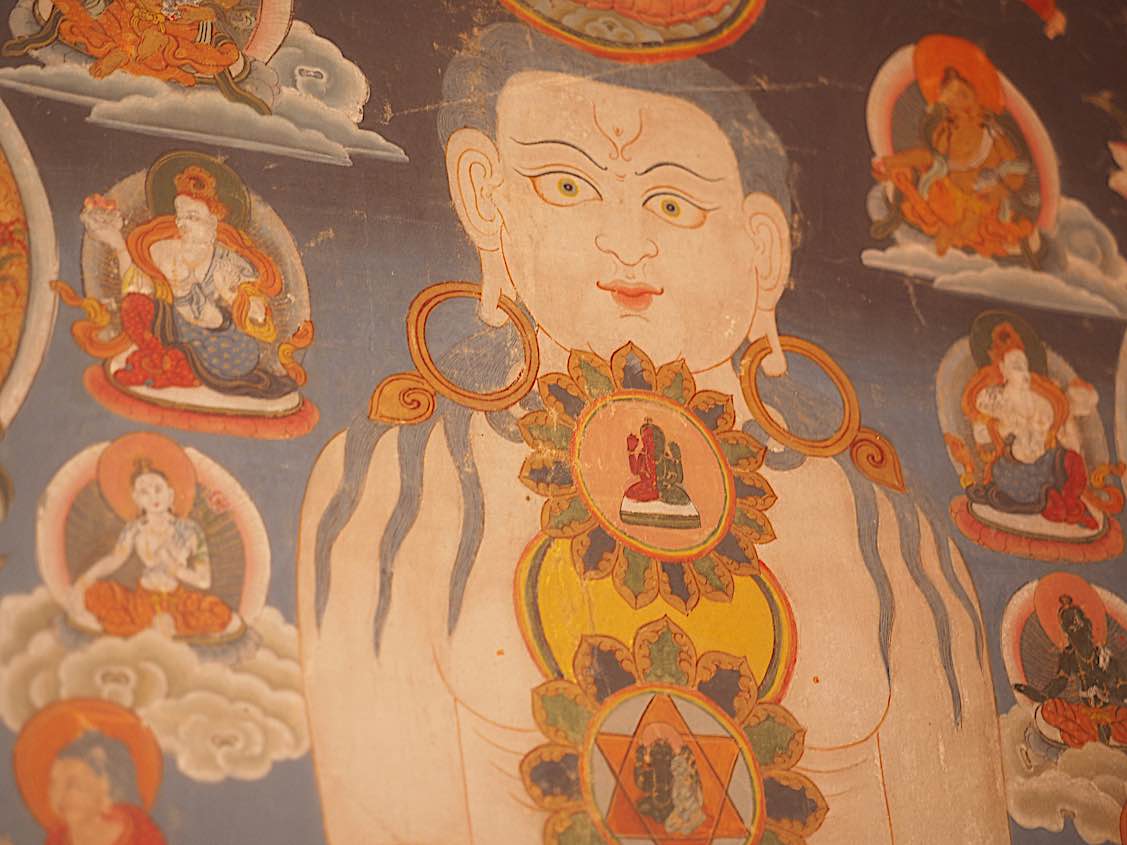Why Contemplating Death Can Help You Live Happier? 5 Ways Meditation on Death Can be Life-Changing
In Western culture, most people are afraid to think or talk about death. Death has become a symbolic hypothesis that no one discusses until the time comes. But what if I told you that death in itself is not scary? What if I told you that thinking about it could make you live a happier life?
Living in a death-denying culture is challenging to say the least. Fear of the unknown is not beneficial to life itself; however, embracing the unknown is. The word “die,” or “death,” should be explored in more depth and should be brought up in conversations more often. Death is an experience, just like everything else in our lives. So, why not talk about it?
By Jessica Chapman
[Bio bottom]

How Can Contemplating Death Make Us Happier?
-
Thinking about dying increases our motivation
When we think about death, we are usually unaware of what it means. We define it as “something that we do not understand” or “something we are not completely comfortable with,” but we never go into the deeper meaning of the word. Death in itself is a process, just as the etymological dictionary agrees.
The word ‘death’ comes from the Gothic ‘dauus’ and the Proto-Germanic suffix ‘thuz,’ which means ‘act, process,’ or ‘condition.’ Death is then a condition of the soul, a transmutation of the body. When we die, our lives don’t end but metamorphose into the spiritual plane and blend into the Universe. If we understand this, death becomes the natural path to spiritual evolution.

-
Being mindful when contemplating death
Contemplating death can also change the way in which we perceive life. The more we contemplate about it, the more we realize that the only certain thing in life is death. Fearing death then transforms into a fear of not having lived life the way we wanted to. This helps broaden our horizons when new opportunities arise. Instead of fearing conflict, we become curious about how it might unravel. Instead of fearing love, we start opening up our hearts to the unknown. To put it shortly, we become mindful of living the life we’ve always wanted to live.
“Analysis of death is not for the sake of becoming fearful but to appreciate this precious lifetime.” — Dalai Lama

This helps us realize that living every moment at the fullest capacity is a must. We stop being preoccupied with “what could have been” and start living in the now. We might discover new passions or simply make room for new, meaningful conversations with new, meaningful people. At the opposite end of fearing death, we find life.
Related features:
- Maranassati Sutta and Meditating on Death>>
- Learning How to Die and Why Meditation on Death Can be Empowering>>
- 8 Rights: The Noble Eightfold Path — the Heart of the Buddha’s Teaching>>
- The dream of rebirth: is reincarnation real?; if so, why don’t we remember our lives?; how can we prove it?; and other difficult questions>>

-
The small things in life count the most
The food you eat, the steps you take each day, the simple act of forgiving another human – they all become more meaningful when living life mindfully. We start appreciating what we are surrounded by and start seizing the day. We might still experience conflict, but we take this opportunity to grow and become a better version of ourselves. The little things in life that count happen every day, every single “now.” Contemplating death opens up a new reality for each one of us.

-
Preparing for death and facing our anxieties
Anxiety surfaces when we feel that our actions are not in alignment with our values. That means we have doubts and we’re most times uncertain of the decisions we make. This is where death contemplation comes in handy – by letting go of this fear, we become more curious about what life in itself has to offer. We let go of unnecessary expectations. And when we become more mindful of life (instead of struggling to criticize it), we inherently become more curious.
Curiosity is the antidote to death anxiety and the very core of our existence. By being curious, we truly change the way in which we live our lives. We start doing new things, exploring new paths, and being happier with each day that comes.

-
Remembering what is truly important to us
Contemplating death can also be helpful in remembering what matters to us. For some people, family is more important than anything. For others, it might be their jobs, or their friends. Wherever our happiness resides, that’s what we focus on once we realize how we truly want to live.
Contemplating death reminds us of our deeply rooted needs and the love we carry inside. Rather than focusing on the things that pass (such as buying a nice outfit or getting the newest car), we might shift our focus to what our soul wants. Instead of chasing ephemerality, we start living in the present moment and enjoying what we already have. We become more grateful for what has been offered to us. We start to understand why we live, and how to continue living happily with ourselves and others.

Contemplating Death Can be Life-Changing
Contemplating death can be a mindful, life-changing experience. Not only can it teach us to live more in the present moment, but it can also show us where our focus should be. By contemplating death, we face our anxieties and become more curious as a result. Our motivation increases and our souls become happier. We could say that contemplating death brings us closer to human self-actualization.

More articles by this author
Search
Latest Features
Please support the "Spread the Dharma" mission as one of our heroic Dharma Supporting Members, or with a one-time donation.
Please Help Support the “Spread the Dharma” Mission!

Be a part of the noble mission as a supporting member or a patron, or a volunteer contributor of content.
The power of Dharma to help sentient beings, in part, lies in ensuring access to Buddha’s precious Dharma — the mission of Buddha Weekly. We can’t do it without you!
A non-profit association since 2007, Buddha Weekly published many feature articles, videos, and, podcasts. Please consider supporting the mission to preserve and “Spread the Dharma." Your support as either a patron or a supporting member helps defray the high costs of producing quality Dharma content. Thank you! Learn more here, or become one of our super karma heroes on Patreon.
Jessica Chapman
Author | Buddha Weekly
Jessica Chapman is one of the best assignment writers UK any student could find. She is a writing editor from Chicago and offers any type of case study writing service or thesis writing service for a living. She is into sport and politics, enjoys traveling.













